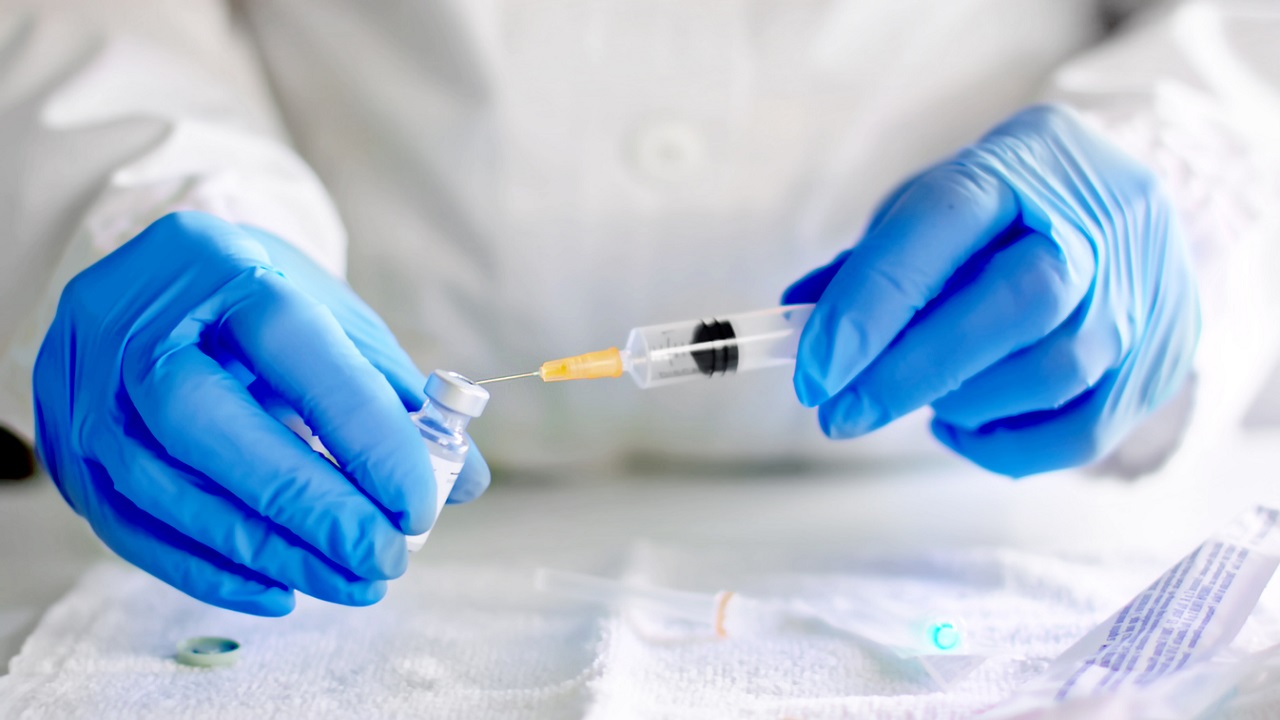
While work on COVID-19 vaccine boosters is already underway, one expert warned that emerging variants threaten to create a “window of susceptibility,” which without therapeutics could lead to more virus-inflicted death.
“Of course there’s a need for boosters,” Dr. Jonathan Javitt, CEO of NRx and adjunct professor at Johns Hopkins School of Medicine, told Fox News. “The problem with boosters is, we’ll always be at least six months behind the curve.”
It takes six months, at best, to tweak previously authorized vaccines to target specific variants, he said, with the time frame of 12 months looking more likely.
OFFICIALS URGE COVID-19 VACCINATIONS AS DELTA VARIANT SPREADS
“You’re always going to have this window of susceptibility where if you don’t have therapeutics that can protect people, you’re going to have people dying of Covid,” Javitt said.
Nationwide, out of the 135 million people who have received a COVID-19 jab, there have been 3,016 hospitalized or fatal vaccine breakthrough cases reported to the CDC as of June 1. Of those cases, 535 involved deaths, 16% of which were reported as asymptomatic or not related to COVID-19. The CDC reported 23% of the hospitalizations reported were asymptomatic or not related to COVID-19.
“I’m gravely concerned,” Javitt said, speaking to variants threatening to diminish vaccine efficacy. “We should certainly celebrate the strides that we’ve made in getting a baseline level of vaccination in the population but we can’t let our vigilance down for a second.”
Federal data indicates 53.1% of U.S. adults are fully vaccinated, with over 164 million having received at least one dose.
“We need to constantly be surveilling for these new variants and we need to be developing Covid therapeutics that will rescue people who get Covid even in the face of the vaccination programs.”
Javitt and the NRx pharmaceutical company is in the early stages of planning a vaccine initiative, with the goal of finding a “more robust vaccine, potentially less susceptible to new variants, and potentially have fewer side effects.”
SOME UNUSED JOHNSON & JOHNSON COVID-19 VACCINES SET TO EXPIRE THIS MONTH
NRx is also seeking emergency use authorization for aviptadil-acetate, Zyesami, a vasoactive intestinal polypeptide to treat severely ill coronavirus patients. Late-stage trial results among 196 critically ill coronavirus patients included an over four-fold improvement in odds of survival over 60 days among those given the intravenous drug, he said. The National Institutes of Health is also running a late-stage trial testing the drug up against the previously-approved antiviral remdesivir.
The protein works by protecting a major target for the virus in the lungs, called alveolar type II cells, Javitt explains. The peptide helps the cells fight inflammatory cytokines and inhibits SARS-CoV-2 viral replication.
“If we can protect that cell in the lung, we change the whole pathogenicity, the whole ability of the virus to harm humans.”
CLICK HERE FOR FULL CORONAVIRUS COVERAGE
Perhaps demonstrating the power of viral variants – The Food and Drug Administration previously revoked emergency approval for the antibody therapy bamlanivimab, when given alone for adults with mild-to-moderate COVID-19, and among certain younger patients, due to resistant variants.
“Based on its ongoing analysis of emerging scientific data, specifically the sustained increase of SARS-CoV-2 viral variants that are resistant to bamlanivimab alone resulting in the increased risk for treatment failure, the FDA has determined that the known and potential benefits of bamlanivimab, when administered alone, no longer outweigh the known and potential risks for its authorized use,” the agency announced in April 2021.
Bamlanivimab is available under emergency approval in combination with etesevimab for adults and some children with mild-to-moderate COVID-19.
Javitt said additional trials in the U.S. and abroad are assessing Zyesami administered through a pocket nebulizer, potentially offering an option for patients not yet in respiratory failure, to reduce the likelihood of requiring intensive care. The nebulizer sends the treatment deep into small air sacs in the lungs.
Fox News’ Alexandria Hein contributed to this report.
